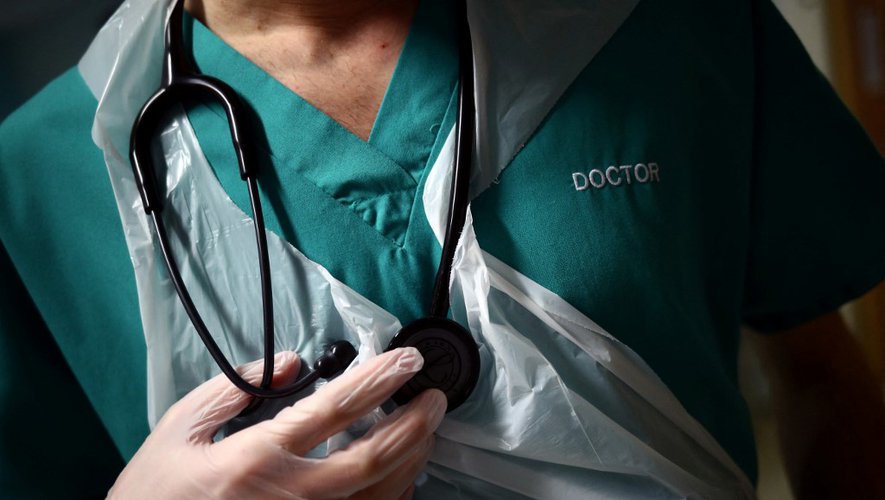(AFP) In countryside of Somerset, a county in southwest England more famous for cider than high tech, medical students are overcoming the difficulties of distance education in times of pandemic thanks to virtual reality technology.
Students at Musgrove Park Hospital in Taunton hold remotes and headphones in a virtual intensive care room.
Technology allows them to learn how to make a diagnosis, plan treatment, deal with challenging situations and interact with patients and families, all during remote sessions.
Behind the initiative is British startup Virti, which used its virtual reality technology by the public health service, the NHS, at the height of the epidemic.
“It’s usually very difficult for people to see this in action because there are only three or four people in the theater,” Alex Young, the company’s general manager, told AFP.
“But with this kind of technology, we can put 15 to 20 people into these environments,” he says.
This solution is welcomed by both students and experienced doctors.
“It is reproducible, reliable, and is based on real conditions. It is as realistic as possible,” confirms Richard Bamford, the hospital’s course surgeon.
He adds that this solution gives students “a good opportunity to train, especially in this period when the classes have been affected by various reasons, including Covid.”
One student, Sheranth Badrinath, praises the solution that allowed him to plunge into an environment that would otherwise have been inaccessible.
“I was in a previous position with the feeling that I really couldn’t ask questions, but explaining everything is like a constant comment, it’s really helpful,” he explains.
Dr Osama Khan appreciates the possibility of taking pictures up close, which is actually possible. “It’s a little scary, but it’s good,” he notes.
The company intends to develop its operations worldwide and is already working with hospitals in Africa.

“Certified gamer. Problem solver. Internet enthusiast. Twitter scholar. Infuriatingly humble alcohol geek. Tv guru.”





